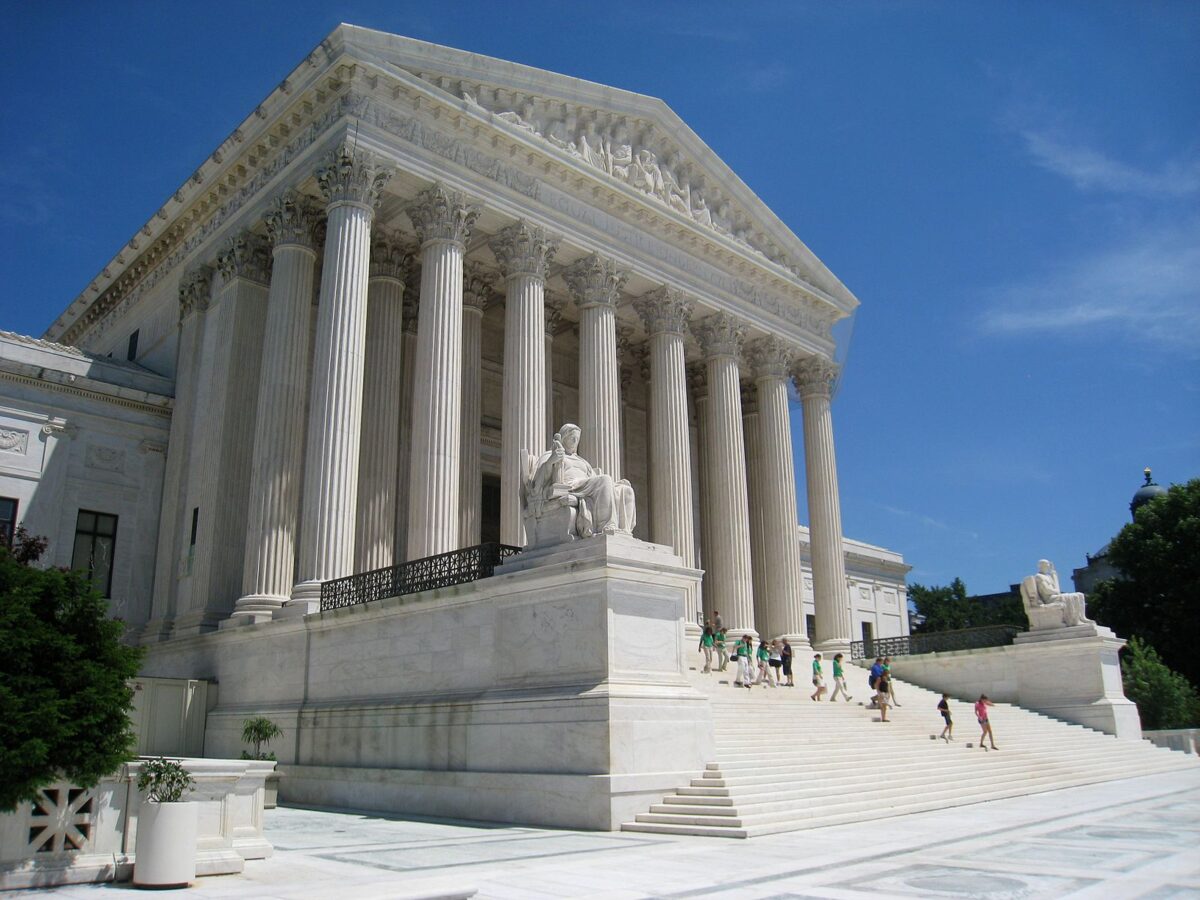sanctions
Explore all Articles
filter by–Region
filter by–Country
search by–Keyword

Constraining U.S. foreign policy by enforcing current law: a series on Congress’s options to limit arms sales and aid to Saudi Arabia, part 3
03.21.19
To secure a court order, Congress must show that the executive’s refusal to follow the FAA and the Leahy laws uniquely injures the legislative branch in a way that only the courts can remedy.

Current law constraining the President: a series on Congress’s options to limit arms sales and aid to Saudi Arabia, part 2
03.21.19
The White House’s Saudi policy implicates at least four pieces of existing legislation. If the President refuses to obey them or cuts corners, Congress can bring him to heel directly via impeachment, or indirectly through court orders that force executive branch agencies to halt the restricted activity.

Facing a President’s veto: a series on Congress’s options to limit arms sales and aid to Saudi Arabia, part 1
03.21.19
Even without a two-thirds majority, Congressional representatives determined to hold Saudi Arabia accountable for its flagrant violations of international law could dodge the veto and limit the President’s actions by enforcing existing laws that nominally prevent the U.S. from supporting states that violate human rights.